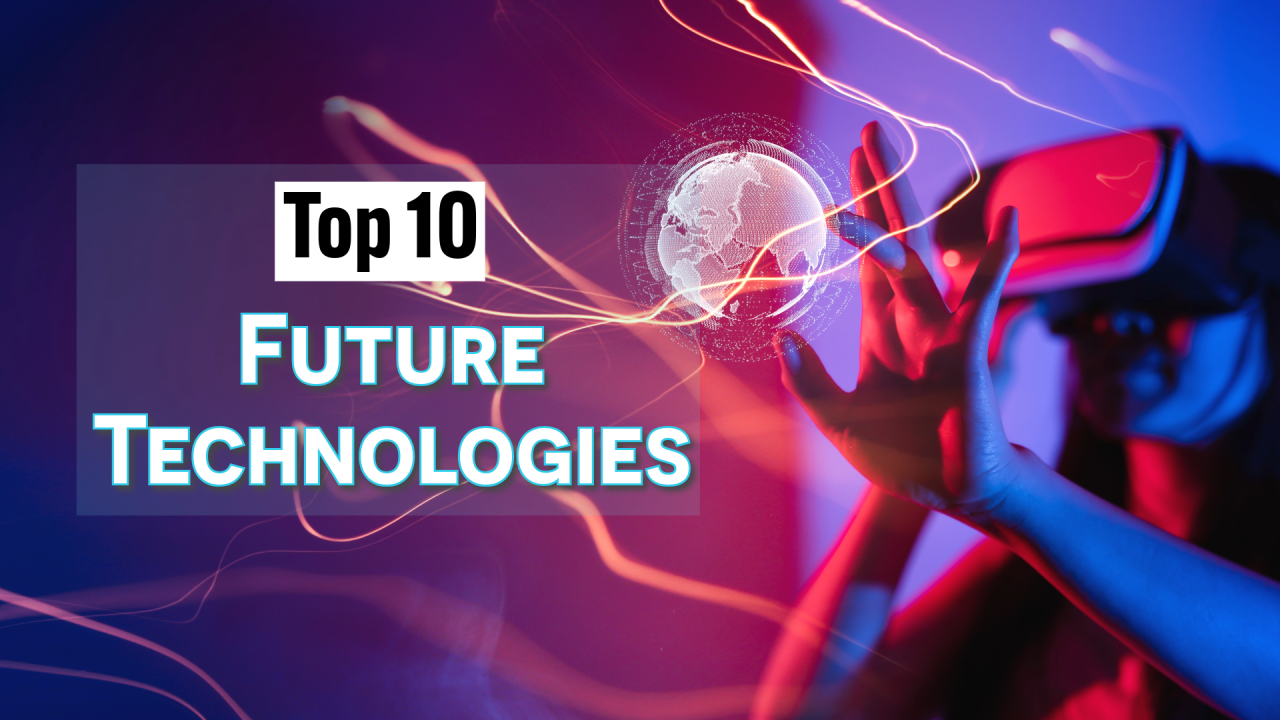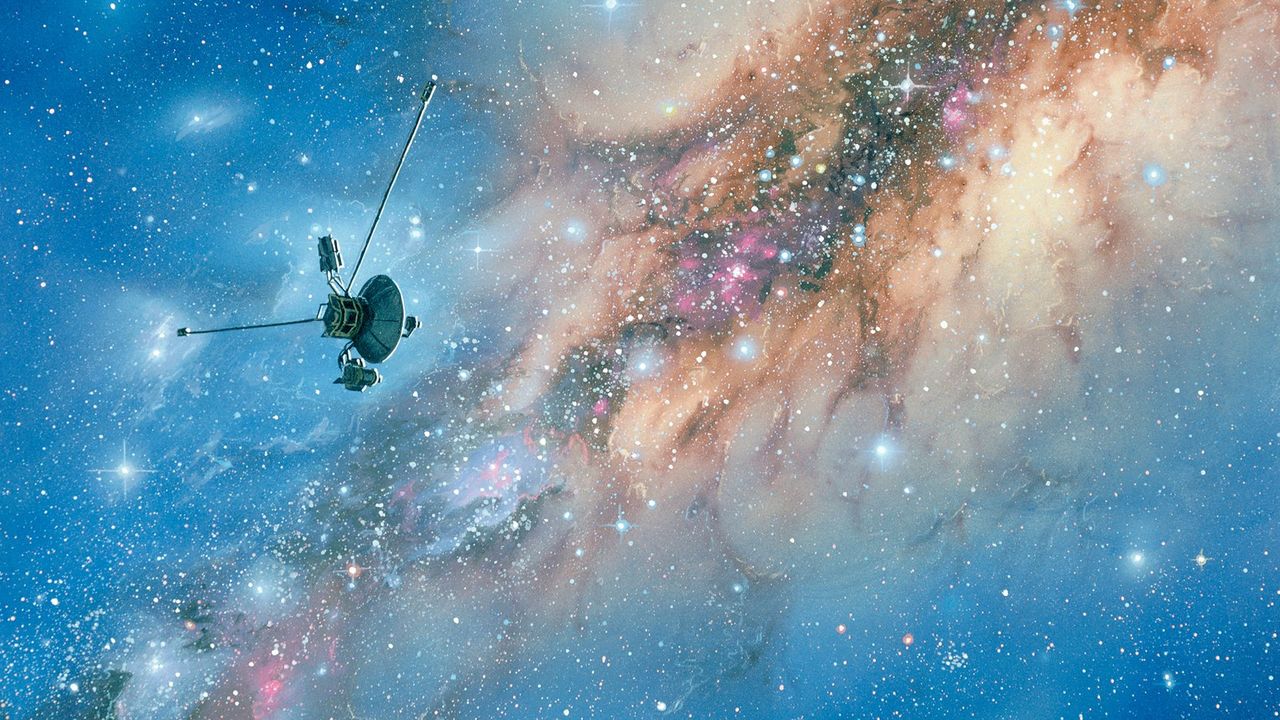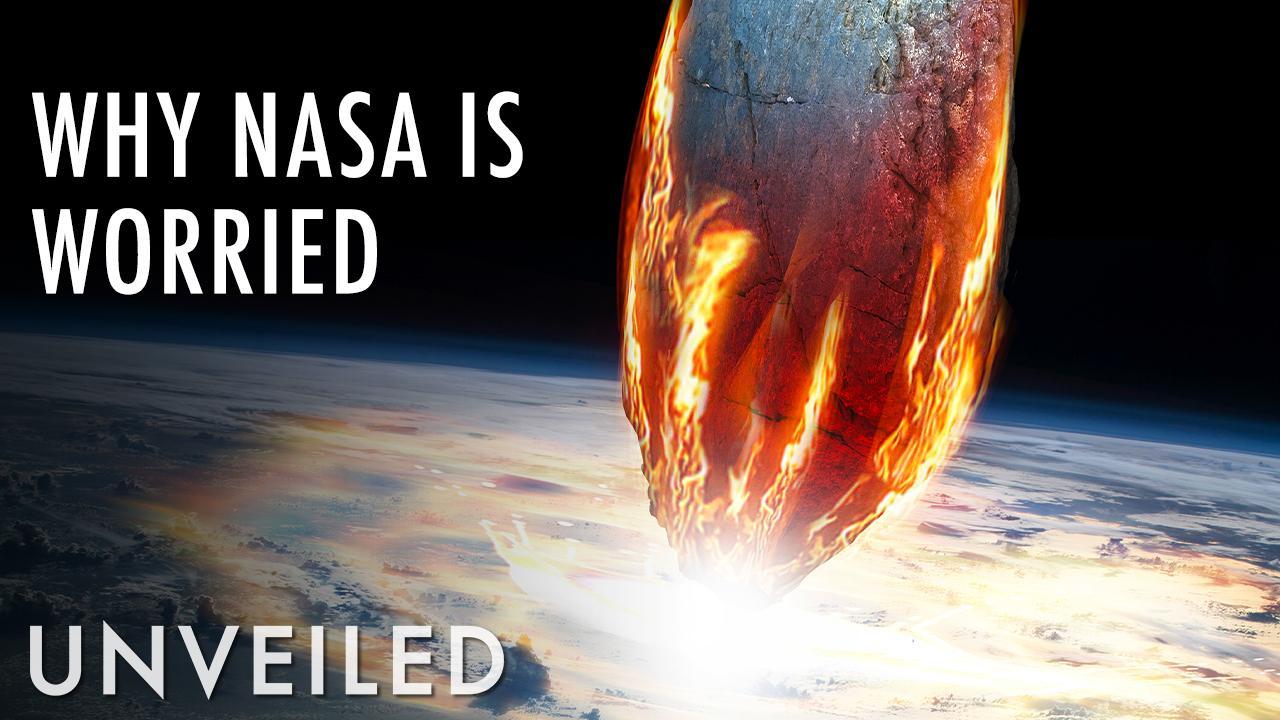Space exploration has always been a driving force for innovation, leading to the development of cutting-edge technologies that impact our daily lives. From satellite communication to AI-driven space probes, these advancements are not only revolutionizing space travel but also transforming industries here on Earth.
In this article, we’ll explore the Top 10 Space Technologies that are shaping the future of science, communication, medicine, and beyond.
1. Satellite Internet and Global Connectivity 🛰️
Companies like SpaceX’s Starlink, Amazon’s Project Kuiper, and OneWeb are using advanced satellites to provide high-speed internet worldwide. This technology is closing the digital divide, bringing connectivity to remote areas, and revolutionizing industries such as education, healthcare, and business.
2. Reusable Rocket Technology 🚀
SpaceX’s Falcon 9 and Starship, along with Blue Origin’s New Shepard, have made spaceflight cheaper and more sustainable. Reusable rockets significantly reduce launch costs, making space travel more accessible and commercially viable.
3. AI and Robotics in Space Exploration 🤖
Artificial intelligence and robotics are essential for autonomous space missions. NASA’s Perseverance Rover, the ESA’s Rosalind Franklin Rover, and AI-driven astronaut assistants like CIMON are revolutionizing space exploration by enhancing decision-making and data analysis.
4. Space-Based Solar Power ☀️🔋
Researchers are developing orbital solar power stations that could collect solar energy and beam it down to Earth using microwaves or lasers. This could provide limitless renewable energy without weather or daylight restrictions.
5. 3D Printing in Space 🖨️🚀
NASA and private companies are using 3D printing technology to build spacecraft parts, tools, and even potential habitats on Mars and the Moon. This reduces the need for Earth-based resupply missions and enhances self-sufficiency in space.
6. Space Tourism and Commercial Spaceflight 🌌
Companies like Blue Origin, SpaceX, and Virgin Galactic are pioneering space tourism, making it possible for civilians to experience microgravity and space travel. As costs decrease, space tourism could become a mainstream industry.
7. Quantum Communication and Cybersecurity 🔐🛰️
Quantum encryption and satellite-based quantum communication offer ultra-secure data transmission. China’s Micius satellite has already demonstrated the potential of hack-proof space-based communications.
8. Space Mining and Resource Utilization 🏗️🌕
Asteroid mining could provide precious metals, water, and other resources to support future space colonization. Companies like Planetary Resources and Deep Space Industries are working on extracting materials from asteroids.
9. Earth Observation and Climate Monitoring 🌍🔍
Satellites equipped with advanced imaging and AI are helping scientists track climate change, deforestation, and natural disasters in real time. Organizations like NASA and ESA are using data from satellites to predict and mitigate environmental challenges.
10. Human Colonization of Mars and the Moon 🌖🚀
Plans for permanent human settlements on the Moon (NASA’s Artemis Program) and Mars (SpaceX’s Starship) are progressing rapidly. Technologies like closed-loop life support systems, radiation shielding, and self-sustaining habitats are being developed to support long-term space habitation.



